Man Claims He Was Wrongfully Convicted of UNC Charlotte Student's Murder
Mark Carver had been fishing near where Ira Yarmolenko's body was found.
— -- Behind the barbed wire fences of Mountain View Correctional Facility in North Carolina, Mark Carver is serving a life sentence for a brutal murder he says he didn’t commit.
Twenty-year-old college student Ira Yarmolenko was found dead near North Carolina’s Catawba River on May 5, 2008. Carver was found guilty of her murder on March 21, 2011.
“I’m sorry that it happened. … I know they’re hurting over their kid, ‘cause, you know, [if] somebody take one of mine, it’d hurt me too, you know,” Carver, 48, told ABC News' “20/20." “I want them to know I’m innocent.”
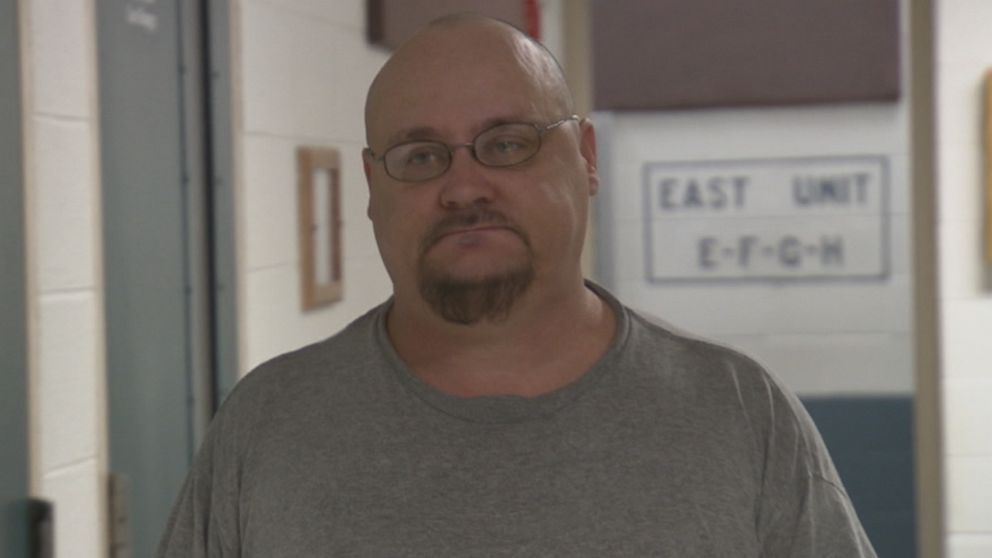
Carver’s current attorney, Chris Mumma, the executive director of the North Carolina Center on Actual Innocence, has spent the past three-and-a-half years trying to convince the world that he is innocent.Every year Mumma’s organization receives requests from nearly 600 inmates but accepts only 2 percent of the cases.
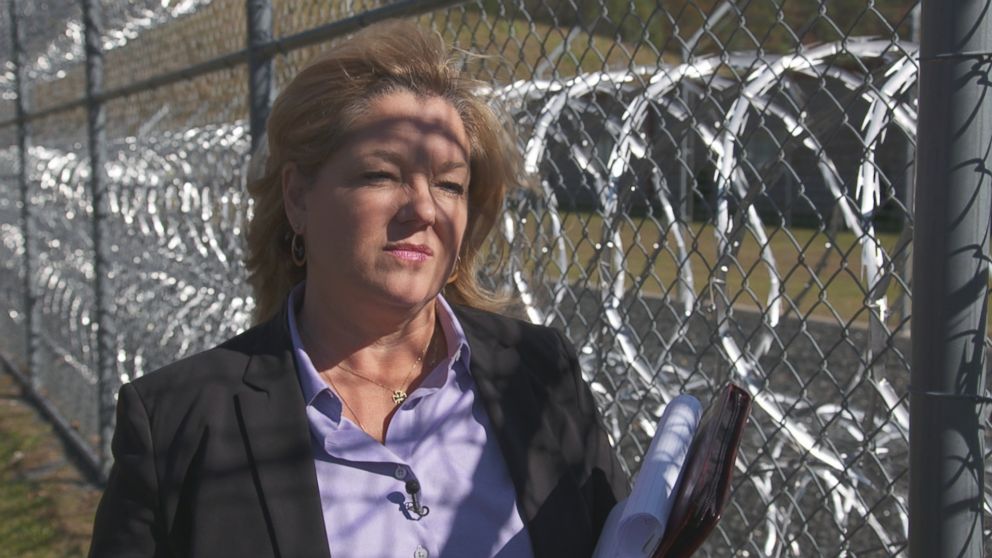
"If Mark is innocent, the family has not received justice. And the true perpetrator is still out on the streets,” Mumma told “20/20.”On May 5, 2008, Carver was at a local fishing hole on the banks of Catawba River in Mount Holly, North Carolina, with his cousin, Neal Cassada.
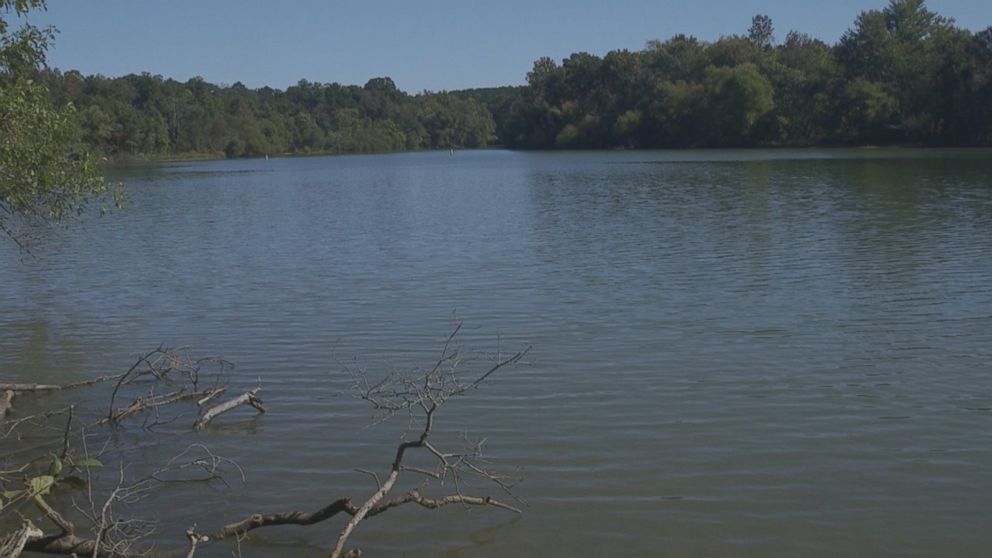
Both Carver and Cassada’s families lived just a few miles from the river down the same dirt road in rural Gastonia, North Carolina.
Cassada left around 12:30 p.m. that afternoon, leaving Carver at the river bank alone. A half hour later, two jet skiers out for a ride on that same river came upon a gruesome scene.
“I’m a boater on the Catawba River. … There’s a car off an embankment,” the jet skier Brenda Pierce was recorded telling a 911 operator on the phone that day. “There’s a body laying there. I don’t know if they’re alive or not.”
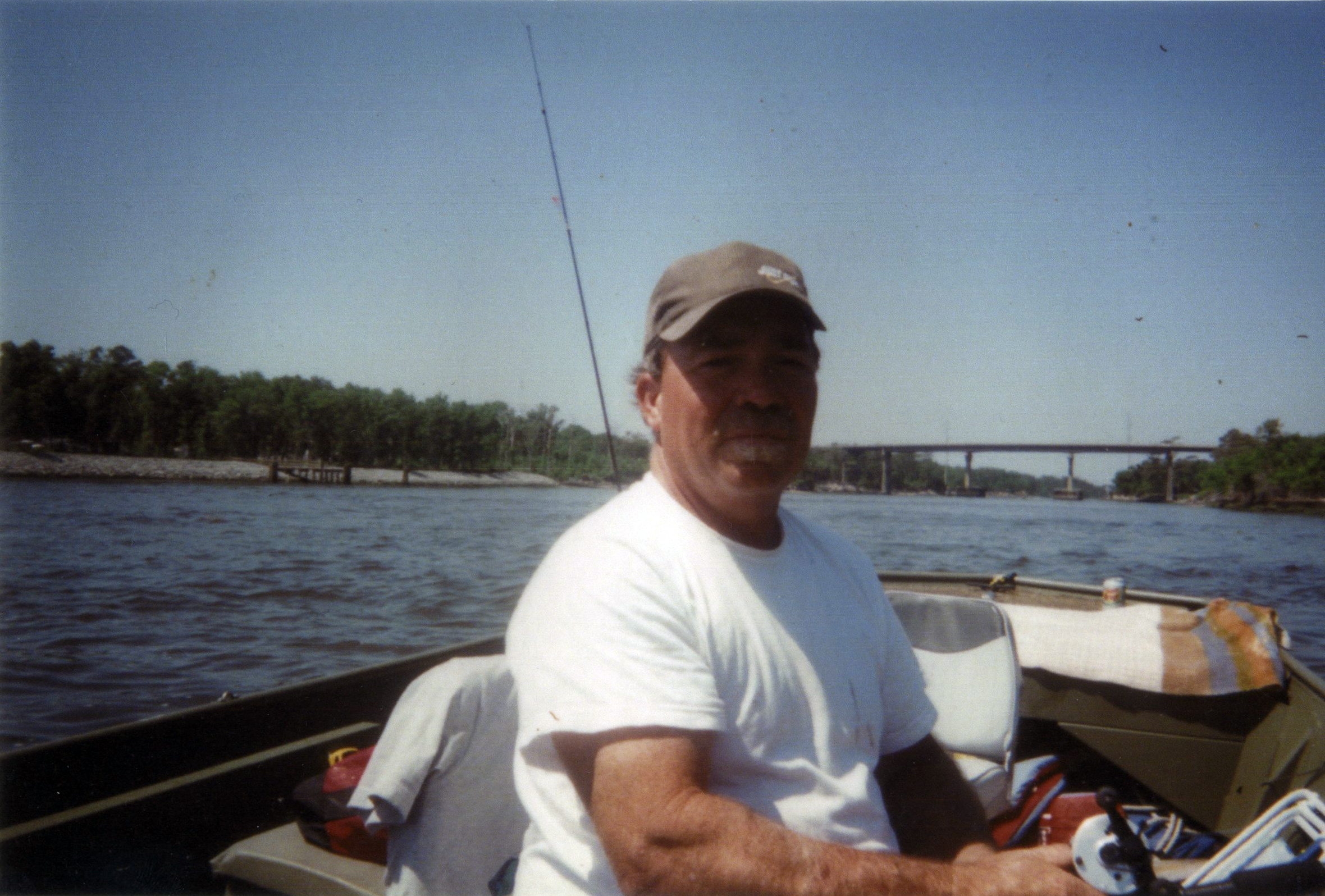
The body turned out to be Ira Yarmolenko. Yarmolenko was found lying next to the driver’s side of her car, grasping onto blades of grass, according to police reports.
She hadn’t been raped or robbed, police said, and first responders who arrived at the scene thought Yarmolenko might have killed herself.
However, there were three ligatures were found around her neck which had asphyxiated her, and police quickly concluded that she couldn’t have done that to herself.
One of the ligatures was a drawstring that had been taken out of Yarmolenko’s hooded sweatshirt, wrapped tightly around her neck and knotted in several places. There was also a bungee cord and a blue ribbon that had been tied around Yarmolenko’s neck. The ribbon had been ripped from a bag that police found in the back seat of the car.
“The hoodie string was probably enough to cut off the air supply in her neck,” Mumma said. “I think that alone would have killed her. The other two to me almost seemed decorative.”

Police began canvassing the area for witnesses, talking to the two jet skiers and construction workers who were in the area when Yarmolenko’s body was found.
They also spoke to pedestrians on a busy nearby road, and about 100 yards down the river, they found Mark Carver.
“They didn't tell me nothing,” Carver said. “They just said that they needed to get my name and address. And they got my name and address and my fishing license. I give it to them. And then -- he give them back. I shook his hand, and they went up through there.”
Carver said he cooperated with police and told them he neither saw nor heard anything unusual while he was fishing.

Pavel Yarmolenko, Ira Yarmolenko’s brother, recalled the moment he learned his sister had been found dead.
“A police officer came to the door … he slowly walked in and told us that unfortunately they have found my sister’s body and they were very certain that it’s her,” Pavel Yarmolenko told “20/20.” “I think all of us simply collapsed where we were and that was it.”
In the days following the murder, detectives began retracing Ira Yarmolenko’s last steps.
Yarmolenko had spent the morning she was found dead running errands. Police say she went to the credit union and then to Goodwill, where a security camera recorded her donating several bags of clothing.
Afterward, Yarmolenko went to Jackson’s Java, a local coffee shop where she worked and from there she drove to the Catawba River -- about 20 miles away.
The last documented moment of her life was a grainy video of her car driving through the parking lot of a YMCA just in front of the Catawba River.
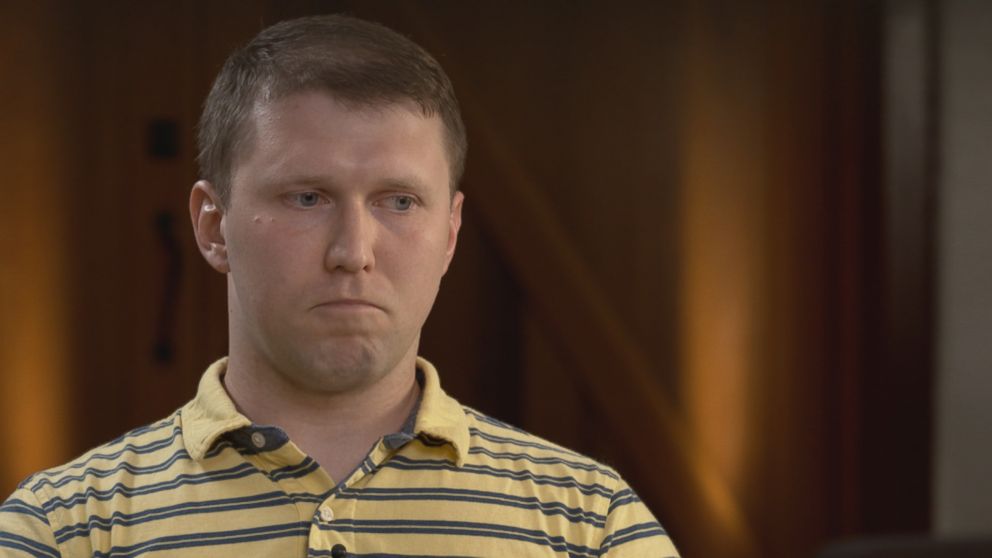
Police sent the footage to NASA in Florida to see if it could be enhanced because they wondered if there was someone else in the car with her.
Unable to find evidence that Yarmolenko had been abducted, police concluded that she must have met her killer out on the river.
“We were tormented by the search. We thought of it more or less constantly,” Pavel Yarmolenko said.
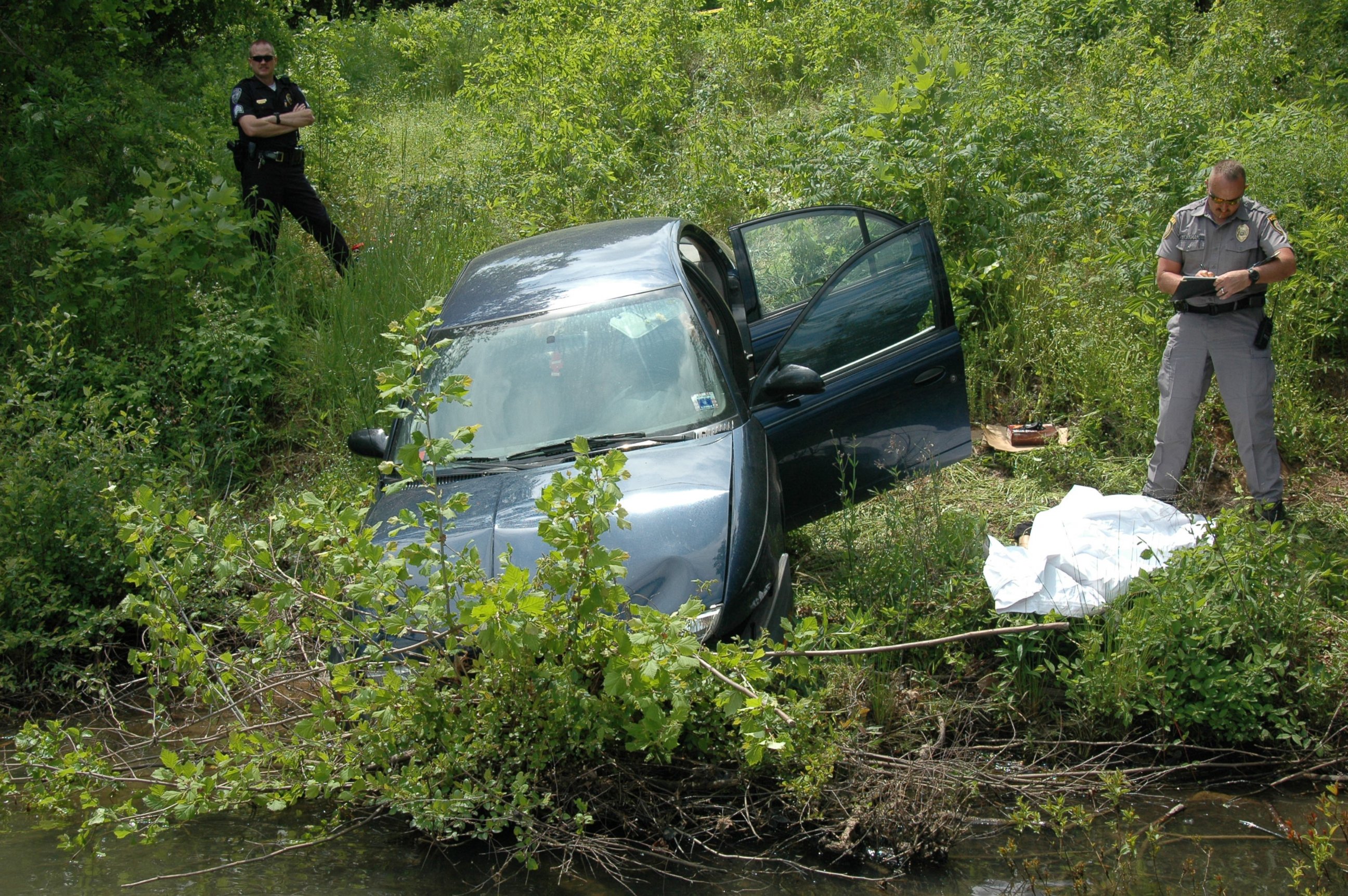
While the search for the killer dragged on for weeks and then months, public pressure mounted on the police to solve the crime.
Police repeatedly interviewed those two fisherman, Mark Carver and Neal Cassada. Both men voluntarily handed over DNA samples for testing and Neal Cassada even took a polygraph exam, which records show he passed. “He didn’t have a lawyer present. He didn’t ask to have a lawyer present. He went down there voluntarily because thinking he was helping them,” Cassada’s daughter Amy Cassada told “20/20.”
In December 2008, seven months after Ira Yarmolenko was murdered, investigators finally got the break they have been waiting for. They found traces of Carver’s touch DNA on the outside of Yarmolenko’s car above the rear driver’s side door. Traces of Cassada’s touch DNA were found on the inside of the right passenger window and on an armrest.
That year, the ability to lift DNA found in skin cells off an object that had merely been touched was cutting edge forensic science. Up to that point, technicians generally required biological substances like blood, semen or saliva to make a DNA match.
With their newfound evidence, police brought Carver and Cassada back in for additional questioning.
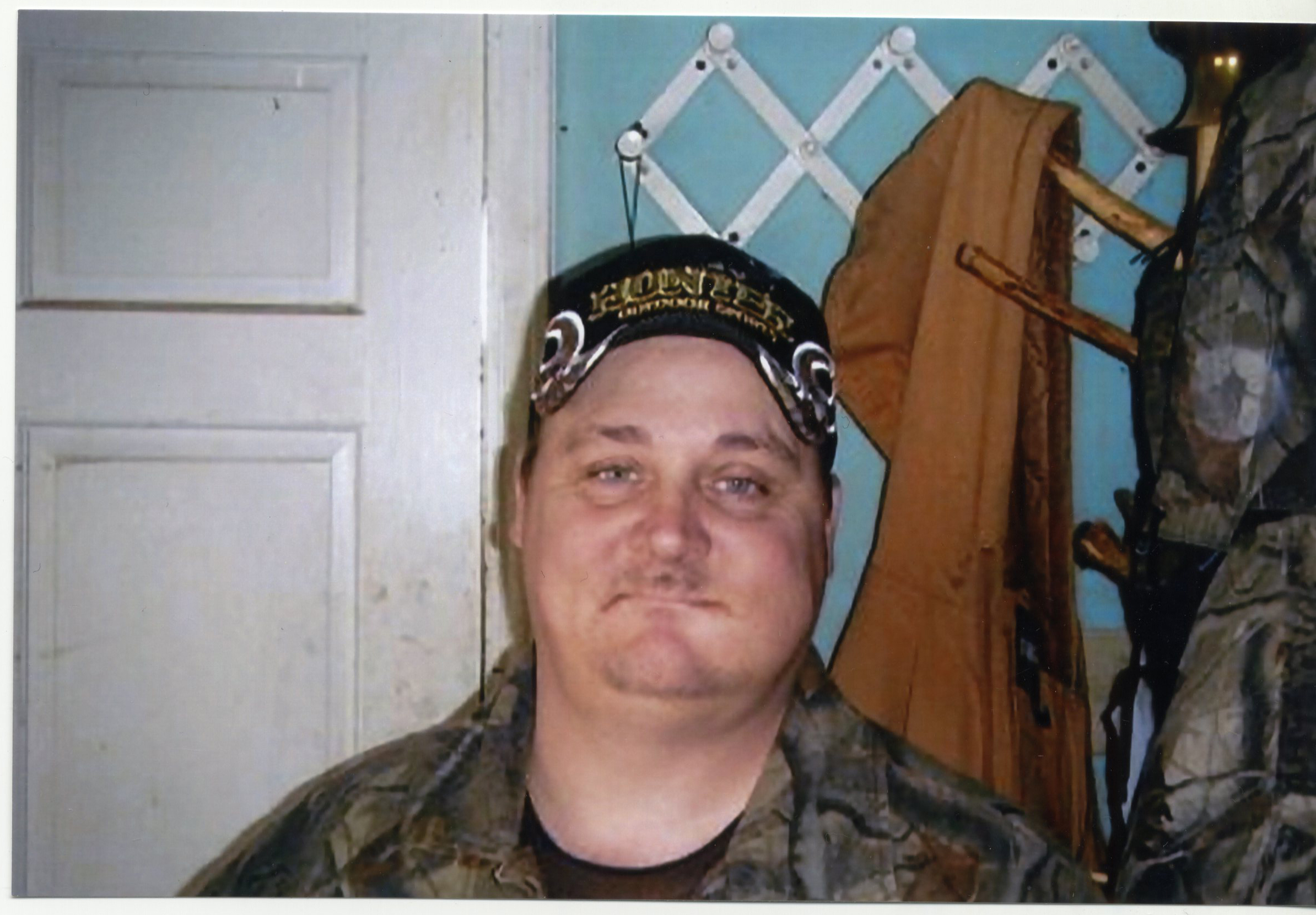
When told by police during the interrogation that his DNA was found in Yarmolenko’s car, Carver denied ever seeing Yarmolenko or being near her car.
“I bet you %1 million my DNA ain’t in that car. I didn’t know that car was even up there,” Carver said during the December 2008 interrogation. “I can’t help you. I didn’t do it.”
When the interview finally ended, police allowed Carver and Cassada to go home. Amy Cassada said her father said believed police were trying to blame him for Yarmolenko’s death.
“He walked in, and he was like, ‘They’re trying to pin this on me.’ I was like, ‘Dad, what are you talking about?’” Amy Cassada said. “He was like, I’m just telling you, Amy, I just left there. They’re trying to pin this on me. … [He said] they were saying that they knew he did it. He just needed to confess it.”
Two days later, police arrested Carver and Neal Cassada and gave them one last chance to confess to killing Yarmolenko. When they once again proclaimed their innocence, Carver and Cassada were charged with first-degree murder.
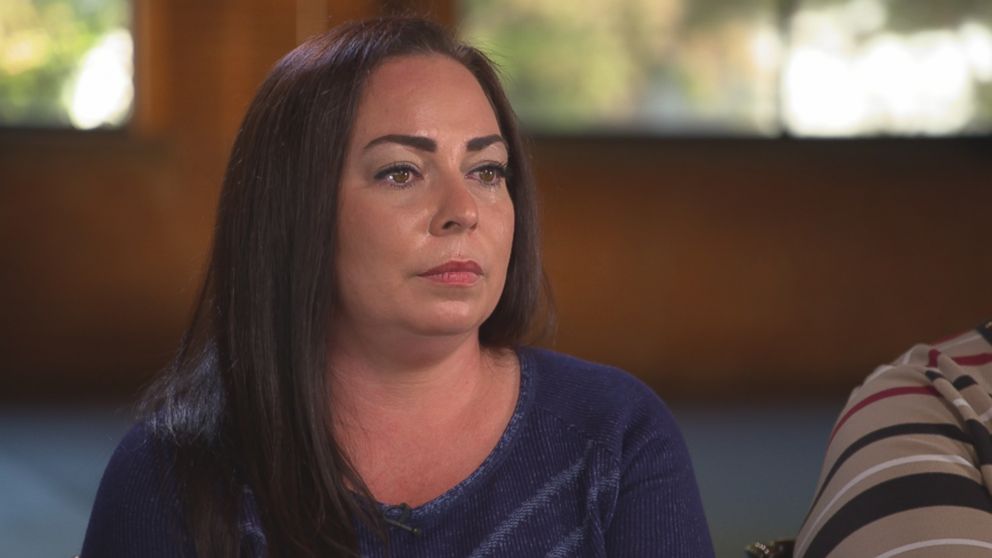
“We were in shock. We just couldn’t believe it was happening,” Amy Cassada said.
But even after charging Carver and Cassada, police continued testing DNA from 10 more people but didn’t get any more hits. It took two years for prosecutors to finally bring the case against Carver and Cassada to trial.
But in a shocking twist the day before opening arguments began in Cassada’s case, he died of a heart attack.
“It was Sunday morning. The trial started on Monday,” Amy Cassada said. “He told my mom, he said, ‘Go get my inhaler. I’m having a little trouble breathing.’ And then he breathed maybe one or two more times, and he just fell over.”
Cassada’s family believes that the stress of having to go to trial for something they believed he didn’t do contributed to his death.
“Those two years -- it was very hard on him. He was so worried that he was going to prison for something he didn’t do,” Amy Cassada said.
The state pushed forward with the prosecution of Carver, who hired local defense attorney Brent Ratchford as counsel. Before the trial, Carver was offered a deal to plead guilty to second-degree murder and spend just four to eight years in prison.
“I had never gotten such a low offer. And to me that spoke volumes of the state's view of its own case,” Ratchford told “20/20. “[Carver] turned it down without batting an eye.”
“I’m not going to plead guilty for something I didn’t do,” Carver told “20/20.”
Carver’s trial began in March 2011. Prosecutors argued that if he was less than 100 yards from where Yarmolenko was killed, he should have heard something. Detectives testified about an experiment they conducted out on the river that they said proved it. One detective stood where Carver was fishing and another stood where Yarmolenko’s body was found and they testified they were able to speak in normal voices and hear one another.
The prosecution’s second key piece of evidence was the touch DNA found on Yarmolenko’s car that matched Carver. Prosecutors argued that it proved Carver has been at the crime scene and touched the car.
But perhaps the state’s most important evidence against Carver was his 2008 police interrogation. One of the detectives who interviewed him recounted the questioning at trial and said that Carver was able to describe Yarmolenko and even knew how tall she was. But jurors never saw that interrogation, they just heard the detective describe it.
“He described her as being little,” the detective testified at trial.
"20/20" spoke to Judge Timothy Kincaid, who presided over Carver’s case. He told "20/20" the testimony from that detective was the turning point in the trial for him.
“The very first thing I thought was, ‘They got you,’” Kincaid said.
If Carver knew Yarmolenko’s height, his claim that he’d never laid eyes on her was a lie, Kincaid said.
But just like the jury, Kincaid had never seen the actual interrogation. When "20/20" showed it to him, he admitted it put “a whole new light” on that detective’s testimony.
“I think it was quite leading,” Kincaid said about the questioning in the interrogation. He acknowledged that in the video Carver appeared to be echoing what the detective was saying to him about Yarmolenko’s appearance.
When the prosecution rested at trial, Carver’s attorney Brent Ratchford, believing the state’s case was too weak to win, made the decision that no further witnesses or evidence were necessary.
“They could not explain how the crime occurred. Well, based on that, the jury’s not going to be convinced beyond a reasonable doubt,” Ratchford said.
But it took the jury just a few hours to return a verdict. Carver was found guilty of first-degree murder and Kincaid sentenced him to life in prison.
Though Carver is now behind bars for Yarmolenko’s murder, questions about the case remain open, and Carver continues to deny having anything to do with her death.
“I didn’t even see her,” he told “20/20.”
“There’s some saying about how a lie has a short life, but the truth lives on forever. He’s never wavered,” Mumma said. “It tells me [he’s] telling the truth.”
Prosecutors in this case declined “20/20”’s requests for an interview.
Mumma says the only way to resolve the questions surrounding Carver’s guilt is for Gaston County District Attorney Locke Bell to release the DNA evidence to be retested. But she says Bell has so far refused her requests.
"He has refused to allow the state lab to give us the electronic data. There’s ways to get to the answers in these cases collaboratively,” Mumma said.
Last Thursday, Mumma filed a post-conviction motion demanding Carver receive a new trial.
“We will certainly be saying that we thought he had ineffective assistance of counsel, that he should have had a forensic expert of his own testifying, that they should have put the video tape in,” Mumma said.
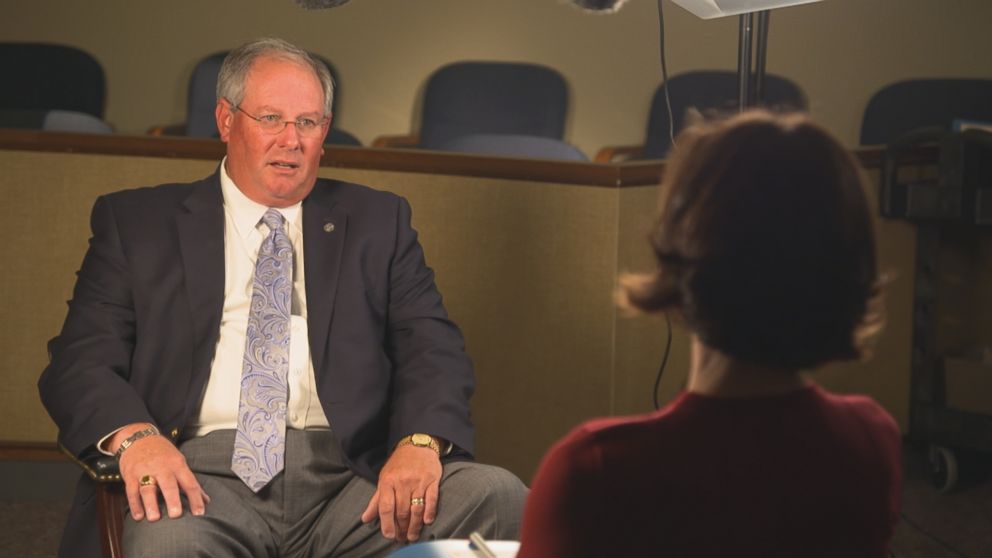
And Judge Kincaid told “20/20” that District Attorney Bell should allow the retesting.
"Part of the district attorney’s oath is to do justice, and if that’s what justice requires, that’s what you got to do,” Kincaid said.
But a violent incident from Carver’s past could hurt their defense if they are granted a re-trial. In 2007, Carver was arrested for shooting his own son.
"It was an accident. We was playing with the gun and he cocked it back and I went, laid it in my lap and let it down. And it went off and hit him,” Carver said. “I throwed the gun down and took him to the hospital."
The charges in that incident were dropped, but Carver said the police still saw him as a criminal. Carver and Mumma believe police focused on him in Yarmolenko’s murder because they were desperate to solve the mysterious case.
“Because they just wanted somebody to take the rap for it, and they didn’t care who done it,” Carver said.
“I think they thought they were easy targets,” Amy Cassada said. “They were uneducated. They wasn’t highly sophisticated. They were real simple … pretty poor.”
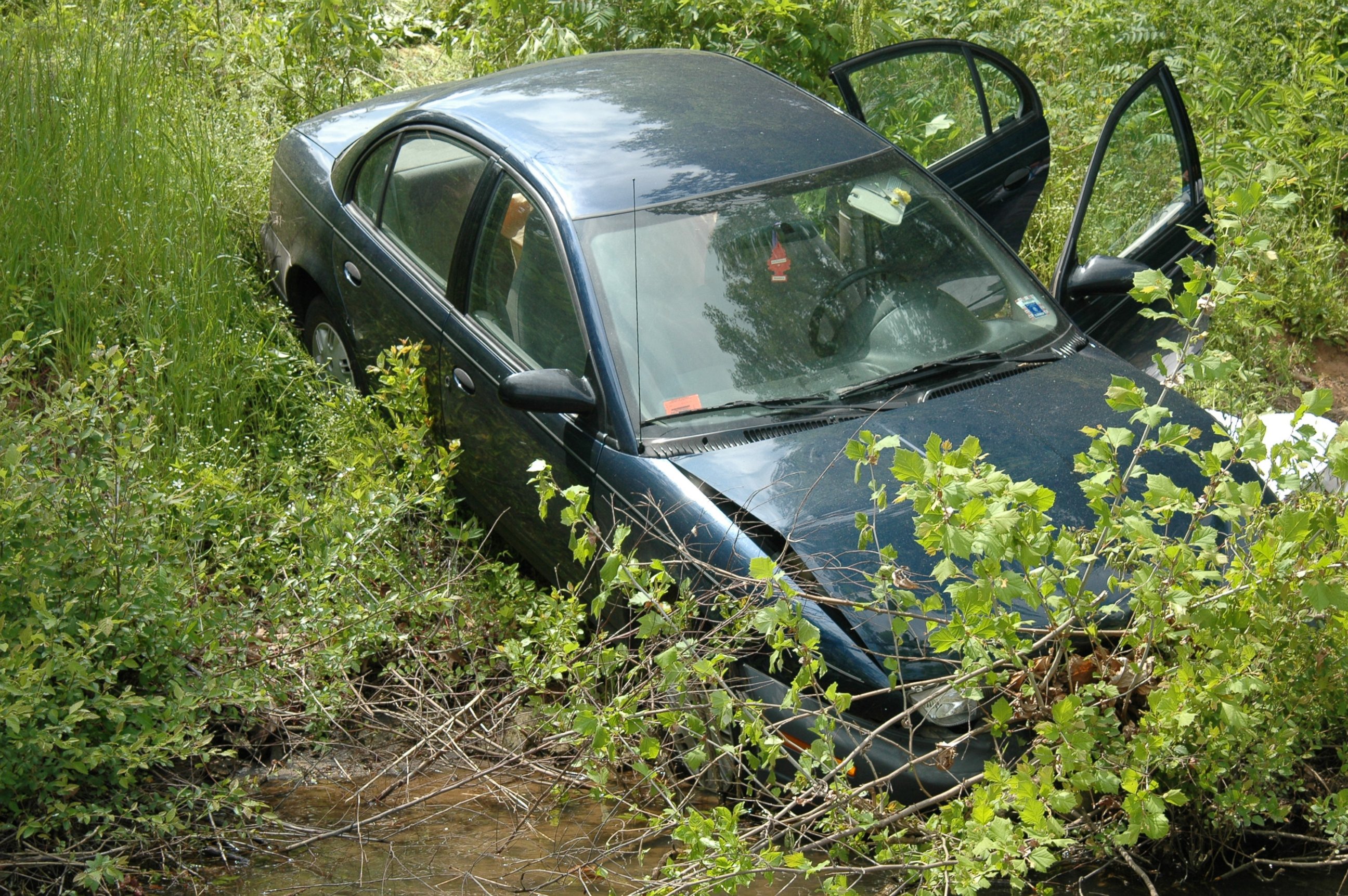
Yarmolenko’s family remains convinced of Carver’s guilt.
“If there is evidence that shows that Mark Carver is not guilty, there is no way that my family or myself will somehow, you know, stand up against that,” Pavel Yarmolenko said. “But that evidence needs to be stronger than the evidence that was used to convict him.”
Innocent or not, Carver’s resigned to the reality that he may never be a free man again.
“Eventually, I’m going to get old and die I guess … unless I can get out of it, get out of prison,” Carver said. “I hope somebody, whoever done it, comes forward.”




